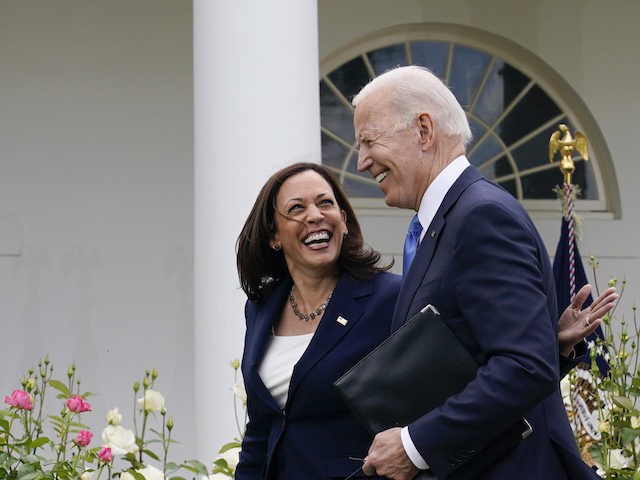President Joe Biden’s proposed budget for the coming year includes a 4.6 percent pay hike for federal civilian employees and military service members.
The White House’s fiscal 2023 budget request seeks across the board increases in discretionary spending for almost every corner of the federal government.
By comparison, the median weekly earnings of all American workers rose 2.6 percent in 2021.
It is also twice the rate of inflation projected by the budget for 2023. The budget, which was built on economic assumptions locked in place back in November, forecasts 2.3 percent inflation in 2023.
A 2017 study by the nonpartisan Congressional Budget Office found that federal workers receive wages and benefits that are, on average, about 17 percent higher than workers with comparable skills and education in other parts of the economy.
By contrast, the Biden budget claims that federal workers are underpaid in comparison to private sector workers.
“Between 2009 and 2020, U.S. average worker pay rose 38 percent while Federal civilian pay increases amount to only a 15 percent rise,” the Biden budget claims.
According to the CBO study, however, federal workers with a high school degree or less had wages that were 34 percent higher than private-sector peers and benefits that were 93 percent greater, for a total compensation gap of 53 percent. For workers with a bachelor’s degree, the wage gap was 21 percent, composed of a 5 percent wage gap and a 52 percent benefit gap.
The budget does not explain the discrepancy between its claims and the CBO study.

COMMENTS
Please let us know if you're having issues with commenting.